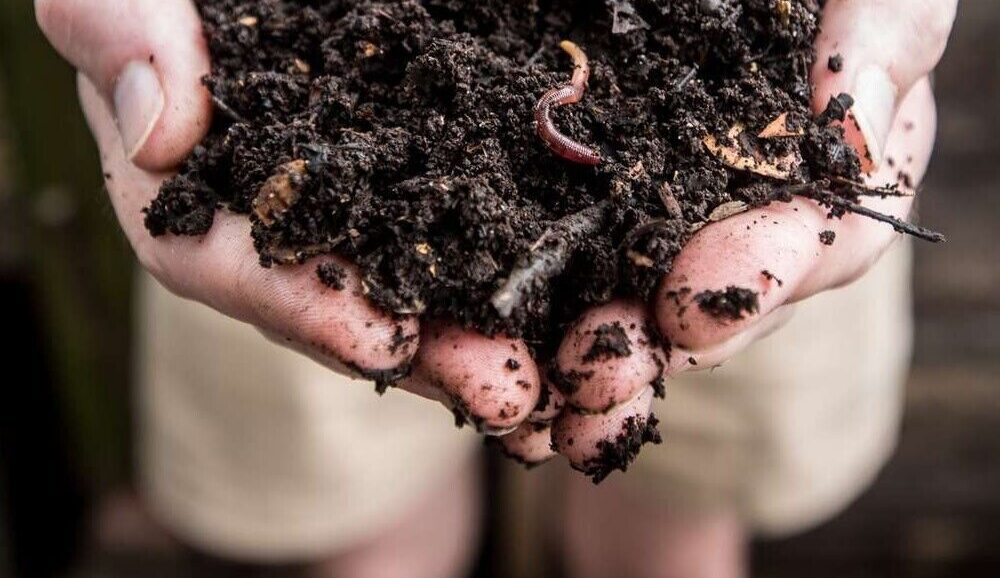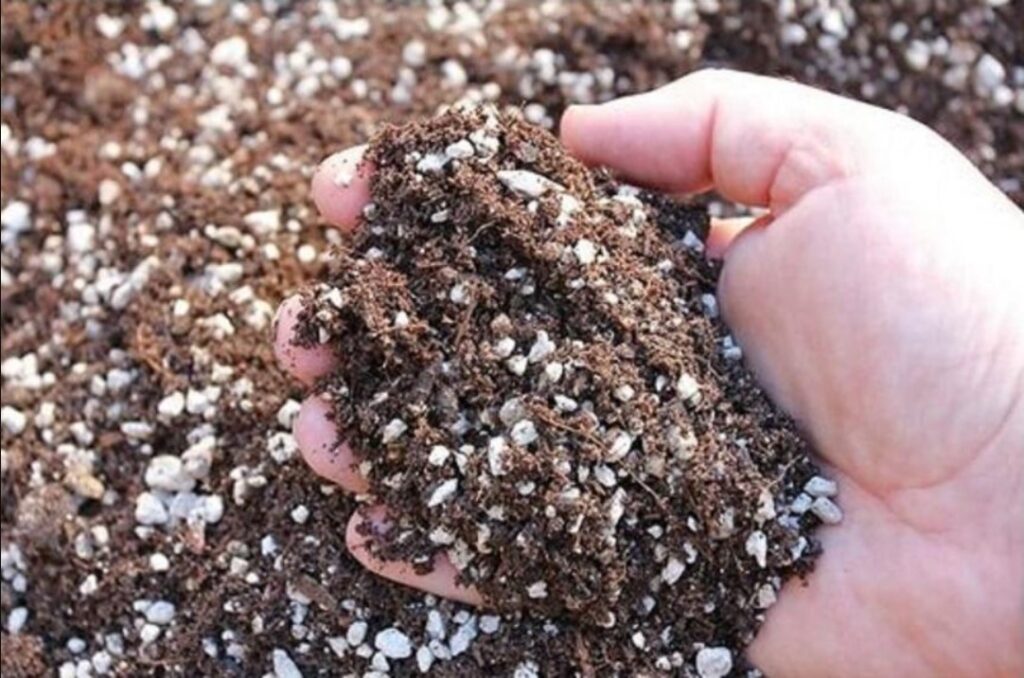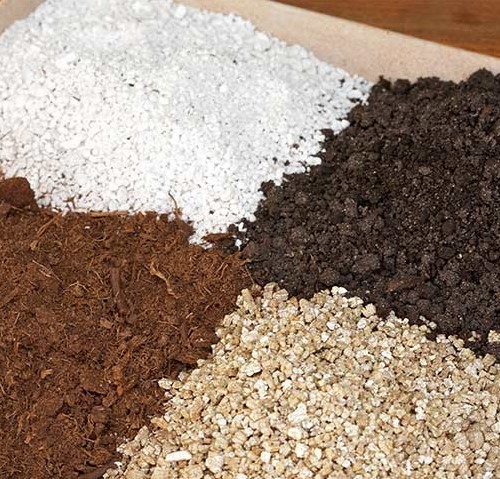When it comes to growing autoflowering cannabis, selecting the right compost is crucial. Compared to their photoperiod counterparts, autoflowers require a slightly different soil composition. Photoperiod plants usually need more nutrients, but autoflowers are sensitive to overfeeding and have a short growing time, leaving little room for error. Therefore, it’s essential to create a growing medium that is lightweight, aerated, and well-draining. This will allow the roots to penetrate quickly, enhancing nutrient absorption and ultimately leading to better growth and yields. Keeping the pH levels in the range of 6.2 to 6.5 is also critical since any deviation from this range can damage your plants.
While it may seem daunting, finding the right soil for your autoflowering plants is achievable, with many options available for both novice and experienced growers. In this article, we’ll cover four premade soils that are suitable for autoflowering plants, as well as a recipe and directions for making your own compost to optimize your plants’ growth.
- Making your own Autoflower Cannabis Soil
- Organic Soils and Organic Super Soil for Autoflowers
- Premade Soils for Autoflowering Cannabis
Making Your Own Autoflower Cannabis Soil
When it comes to growing autoflowering cannabis, many experienced growers recommend mixing your own soil to ensure that your plants receive the exact nutrients and growing conditions they need. By creating your own soil blend, you can customize the levels of drainage, water retention, nutrients, and aeration to best suit the needs of your autoflowers.
Autoflowers have slightly different soil requirements than photoperiod plants, which means they need a growing medium that is lightweight, well-aerated, and low in nutrients. Using a soil blend that is designed specifically for autoflowers can provide your plants with the best growing conditions and help prevent nutrient burn or other issues caused by overfeeding.
To create your own autoflowering soil, you will need a few basic ingredients: compost, peat moss, perlite, and vermiculite. By mixing these ingredients in the right proportions, you can create a soil blend that is optimized for your autoflowers.
Here is a recommended recipe for creating your own autoflowering soil:
- 3 parts peat moss
- 3 parts compost
- 2 parts wet perlite
- 1 part wet vermiculite
By blending these ingredients together, you can create a soil that is well-aerated, has good water retention, and is low in nutrients, which is ideal for growing healthy autoflowers. Additionally, using organic compost in your soil blend can provide your plants with a range of beneficial microorganisms and nutrients that can help support healthy growth.
Overall, mixing your own soil for autoflowers can be a cost-effective and rewarding way to provide your plants with the best possible growing conditions. With a little experimentation and careful attention to your plants’ needs, you can create a soil blend that helps your autoflowers thrive and produce high-quality buds.
Organic Soils and Organic Super Soil
Organic soils and organic super soil blends are popular among growers who want to provide their autoflowers with a nutrient-rich growing medium that is free from synthetic chemicals. These soils are made from natural ingredients and are designed to provide a range of macro and micronutrients that are essential for healthy plant growth.
Organic soils are typically made from a mixture of organic matter, such as compost, peat moss, and vermicompost. These soils are often rich in beneficial microorganisms that can help support healthy plant growth, and they can be used as a standalone soil or mixed with other amendments to create a custom soil blend.
Organic super soils take things a step further by including a range of additional amendments that are designed to provide a complete nutrient profile for your plants. These soils can include ingredients such as bone meal, blood meal, kelp meal, and bat guano, which can provide a range of essential macronutrients, trace elements, and beneficial microorganisms.
If you’re interested in creating your own organic super soil blend for autoflowers, here is a recipe that you can try:
Ingredients:
- 1 part peat moss
- 1 part vermiculite
- 1 part perlite
- 1 part compost
- 1/2 cup blood meal
- 1/2 cup bone meal
- 1/2 cup bat guano
- 1/2 cup kelp meal
- 1/2 cup rock phosphate
- 1/2 cup Epsom salt
- 1/4 cup dolomite lime
Instructions:
- Start by mixing the peat moss, vermiculite, and perlite together in a large container or on a tarp. These ingredients will provide the base for your soil blend and help ensure good drainage and aeration.
- Add in the compost and mix well. This will provide your plants with a range of beneficial microorganisms and help support healthy root growth.
- Next, add in the blood meal, bone meal, bat guano, kelp meal, rock phosphate, Epsom salt, and dolomite lime. These amendments will provide your plants with a complete range of macronutrients, trace elements, and minerals, while also helping to balance the pH of your soil.
- Mix all of the ingredients together well, making sure that everything is evenly distributed throughout the soil.
- Store your super soil blend in a large container or plastic bag for 6 months to a year until you’re ready to use it. This will allow the amendments to break down and integrate fully into the soil.
When it’s time to plant your autoflowers, simply fill your pots or containers with your organic super soil blend and plant your seeds or seedlings as you normally would. With the right care and attention, your plants should thrive in this nutrient-rich growing medium, producing healthy growth and high-quality buds.
Premade Soils for Autoflowering Cannabis
There are several premade soils on the market that are suitable for growing autoflowering cannabis. These soils are designed with the specific needs of autoflowering plants in mind, making them an excellent option for growers who are looking for a quick and easy solution to their soil needs. Here are some well-known soil brands that are optimized for autoflowering cannabis:
- Fox Farm Happy Frog Potting Soil: This soil is a great option for autoflowering plants because it is lightweight, well-draining, and rich in nutrients. It is made with earthworm castings, bat guano, and composted forest humus, which provide a balanced blend of macro and micronutrients that are essential for healthy plant growth.
- Roots Organic Original Potting Soil: This soil is an excellent choice for growers who prefer organic growing methods. It is made with a blend of coco coir, peat moss, compost, perlite, and pumice, which provide excellent drainage and aeration. The soil also contains a mix of organic ingredients, including bone meal, bat guano, and kelp meal, which provide a balanced source of nutrients for autoflowering plants.
- Coast of Maine Platinum Grower’s Mix: This soil is another organic option that is optimized for autoflowering cannabis. It is made with a blend of sphagnum peat moss, perlite, coir, and lobster compost, which provide excellent water retention and aeration. The soil also contains a mix of organic ingredients, including kelp meal, worm castings, and fish bone meal, which provide a balanced source of nutrients for healthy plant growth.
- ProMix HP Mycorrhizae: This soil is a popular choice among growers because it is lightweight and well-draining. It is made with a blend of peat moss, perlite, and vermiculite, which provide excellent aeration and water retention. The soil is also enriched with mycorrhizae, which are beneficial fungi that help improve nutrient uptake and plant growth.
When using premade soils, it is important to keep in mind that they may not be specifically formulated for autoflowering plants. To optimize these soils for autoflowering cannabis, you can add perlite or vermiculite to improve aeration and drainage, and adjust nutrient levels by adding additional amendments like bat guano or worm castings. You can also adjust the pH level of the soil by adding dolomite lime or sulfur, depending on whether the soil is too acidic or alkaline.




